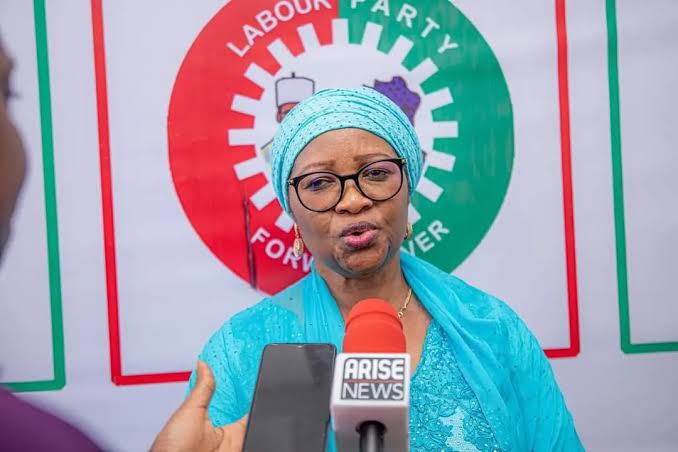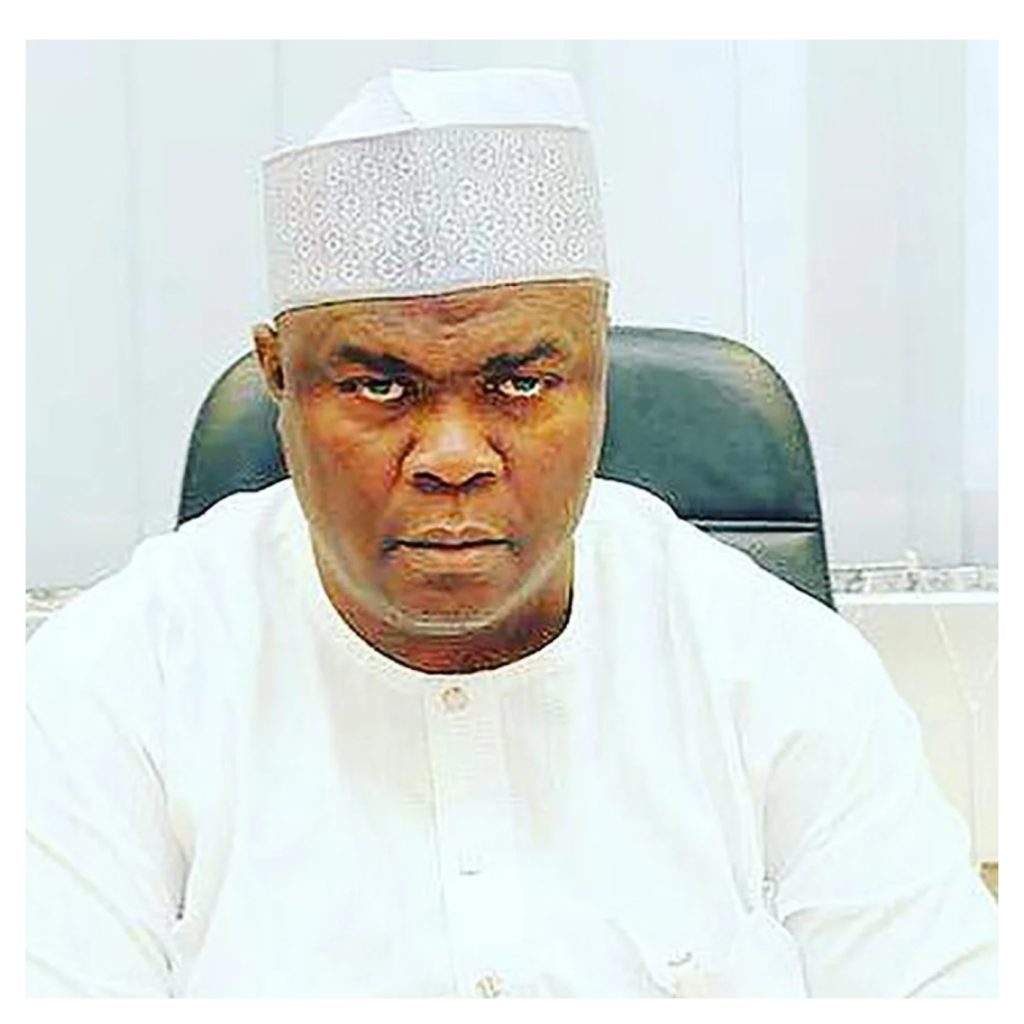In a dramatic turn of events, the High Court in London saw Lebanese billionaire Iskandar Safa and his company, Privinvest, defending themselves against Mozambique’s claim for 3.1 billion US dollars in damages. This legal battle stems from the infamous “hidden debts” scandal, a complex web of fraudulent loans and corruption involving some of Mozambique’s top officials, leading banks, and Privinvest. As the courtroom drama unfolds, both sides are fervently presenting their closing arguments, each attempting to sway the scales of justice in their favor.
The crux of the matter revolves around the loans amounting to over two billion US dollars that were extended to three Mozambican companies – Proindicus, Ematum, and MAM. These loans, ostensibly for ventures such as a tuna fishing fleet and maritime security, quickly spiraled into bankruptcy, leaving a trail of economic devastation in their wake. What’s more, the clandestine nature of the state guarantees backing these debts has placed the burden squarely on the shoulders of the Mozambican government.
Mozambique’s legal team, led by representatives from the Attorney General’s Office (PGR), has vehemently contended that Privinvest resorted to underhanded tactics, including bribery, to secure transactions and guarantees, inflicting colossal losses upon the Republic. On the contrary, Privinvest’s lawyers have sought to unravel a different narrative, portraying Mozambique as an enthusiastic proponent of reinforcing its territorial sovereignty and maritime security. They argued that it was Mozambique’s former President, Armando Guebuza, who initiated the collaboration with Privinvest to bolster the country’s fishing fleet, countering allegations of bribery and impropriety.
Duncan Matthews, representing Privinvest, took center stage, emphasizing Mozambique’s aspirations to fortify its territorial waters. He underscored President Filipe Nyusi’s pivotal role in the projects, only to pivot and paint President Nyusi as the alleged mastermind behind halting the projects as part of a personal vendetta. Matthews passionately defended Privinvest’s commitment to the projects, citing offers to extend loans for Proindicus, provide training for Ematum personnel, and furnish equipment for MAM at no additional cost. Yet, the absence of evidence supporting these claims during the trial in Maputo in 2021-2022 casts a shadow of doubt on Privinvest’s assertions.
Unraveling the intricate web of deceit, expert witnesses shed light on the flawed equipment supplied by Privinvest, including interceptor vessels ill-equipped to safeguard Mozambique’s Exclusive Economic Zone. The testimony revealed overpriced assets, with an independent audit unearthing staggering over-invoicing, further bolstering Mozambique’s case against Privinvest. Despite Privinvest’s steadfast denial of bribery, the disclosure of substantial payments to key individuals and entities, couched as “consultancy fees,” “campaign contributions,” and “investments,” raises significant suspicion and skepticism.
As the legal battle rages on, the High Court is poised to deliberate extensively before delivering its verdict, a decision that will undoubtedly reverberate, resonating far beyond the confines of the courtroom. The fate of Mozambique’s quest for justice and accountability, intertwined with the intricacies of international finance and political maneuvering, hangs in suspense, awaiting the nuanced considerations of Judge Robin Knowles.
Stay tuned as the riveting saga unfolds, for the echoes of this legal showdown will undoubtedly endure, shaping the contours of Mozambique’s future and transcending the confines of the High Court in London.
![iyabo ojo claims lizzy anjorin has schizophrenia needs help Lizzy Anjorin's husband not interested in getting her help - Iyabo Ojo claims [VIDEO]](https://mediatalkafrica.com/wp-content/uploads/2026/01/Iyabo-Ojo-claims-Lizzy-Anjorin-has-schizophrenia-needs-help-1024x512.jpeg)


